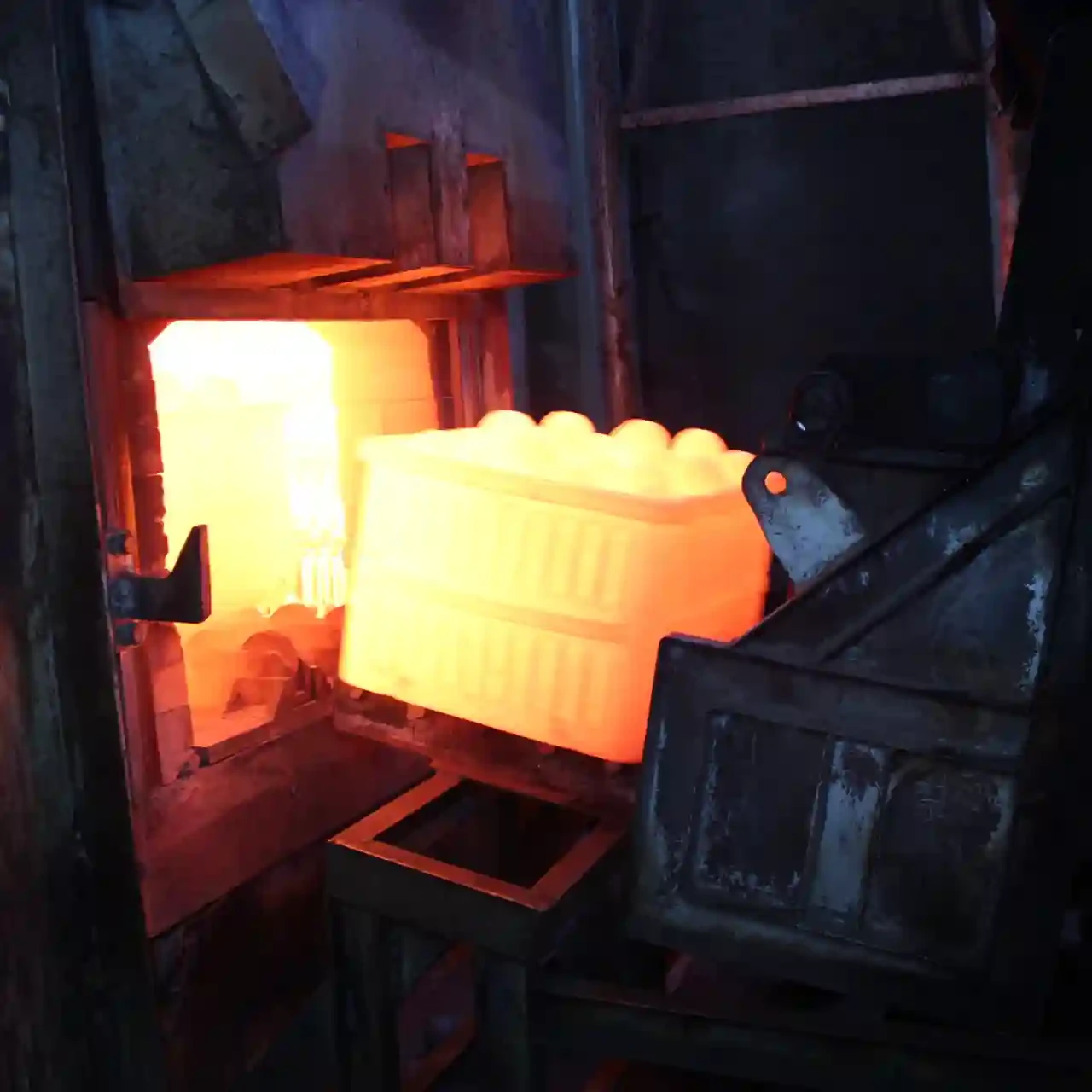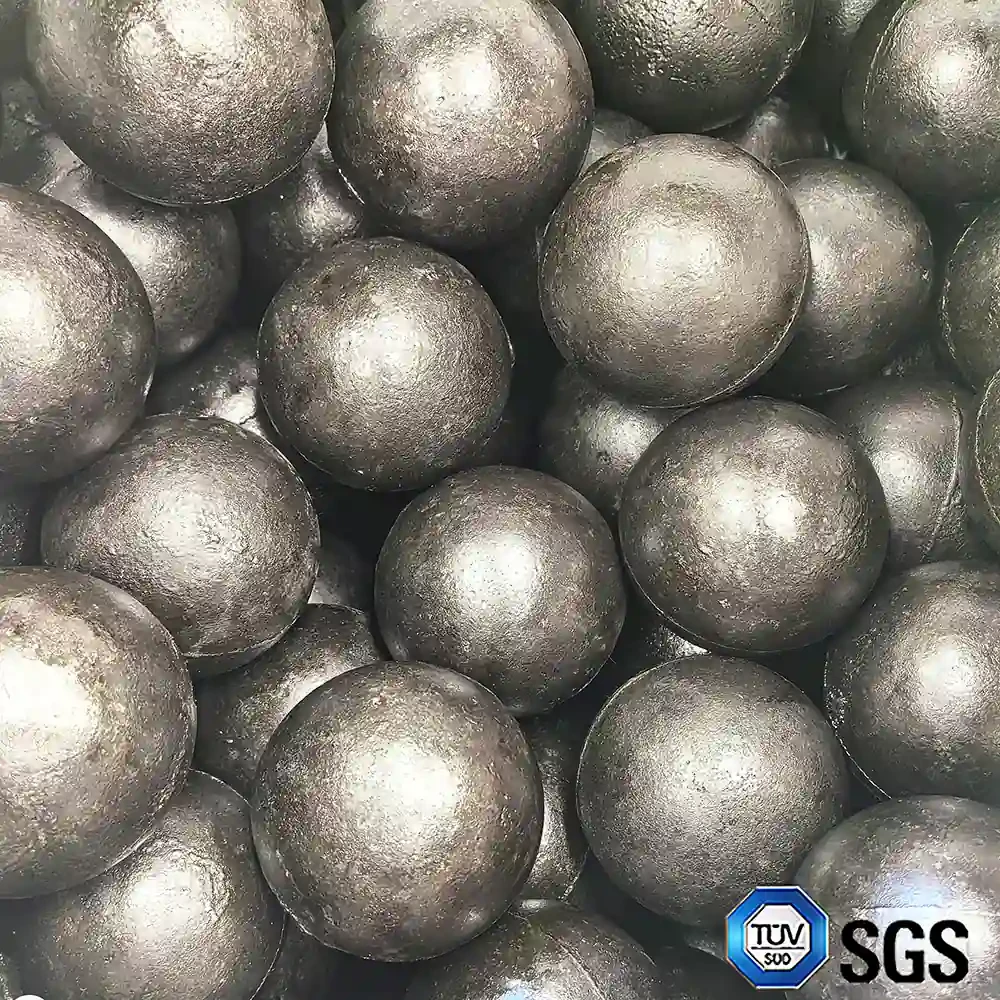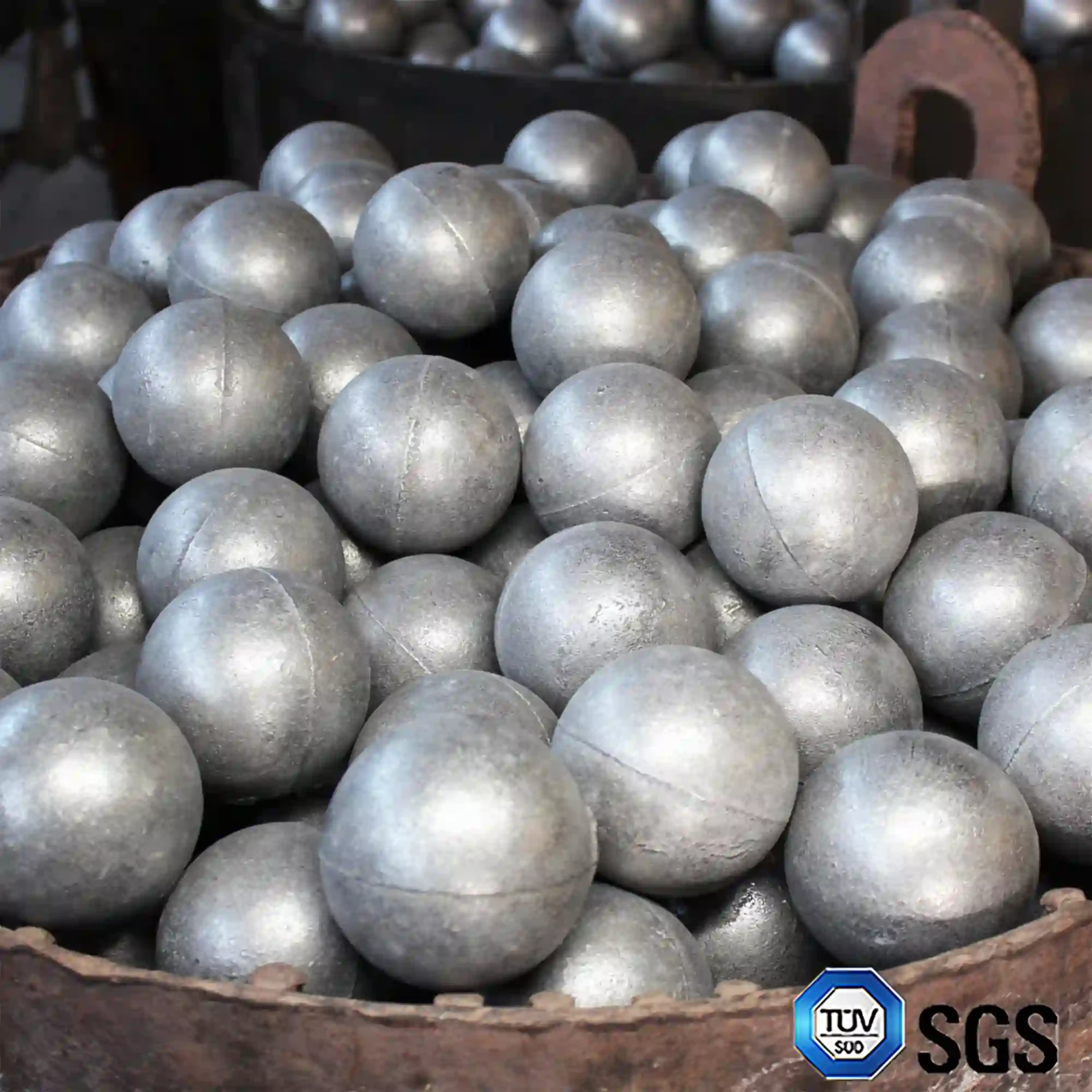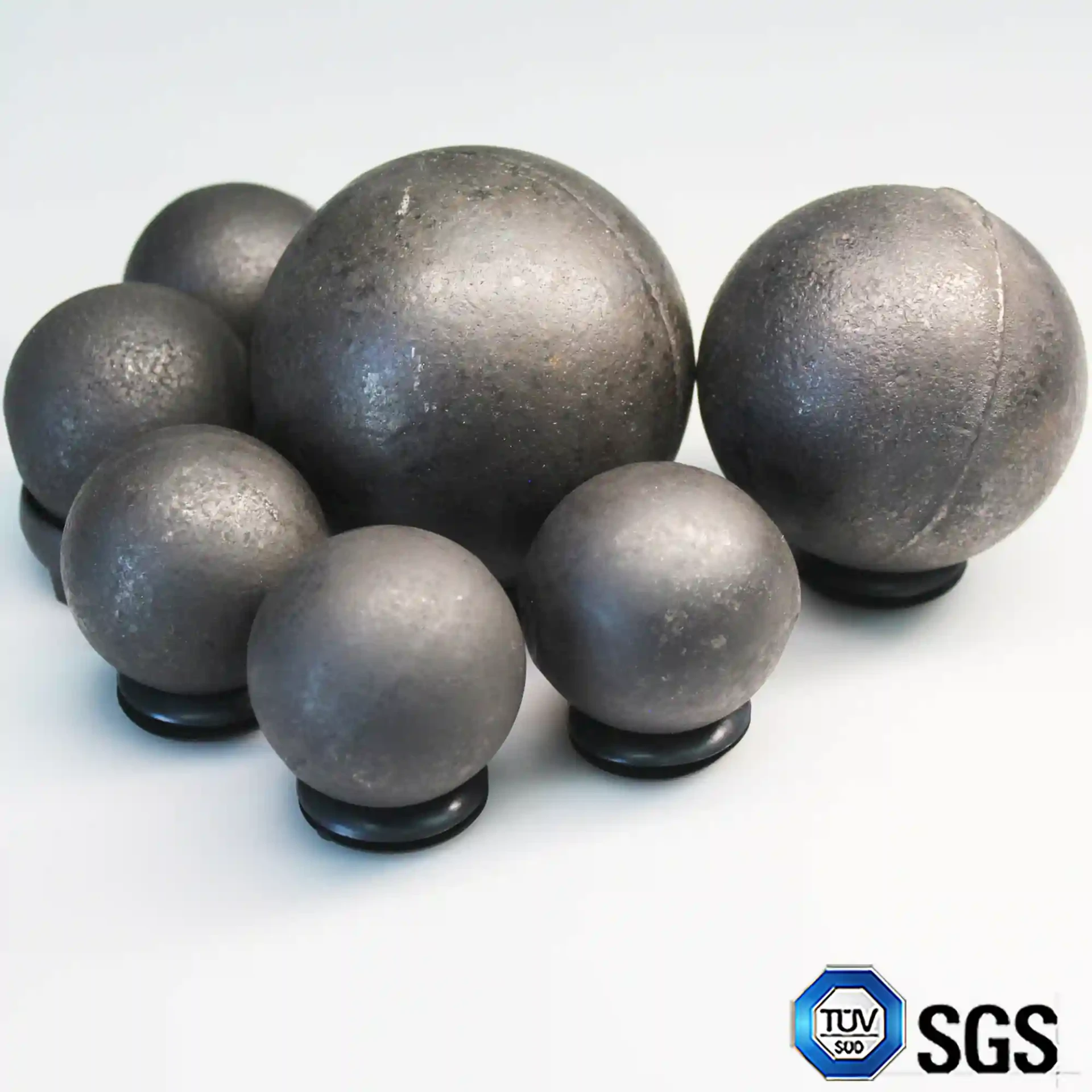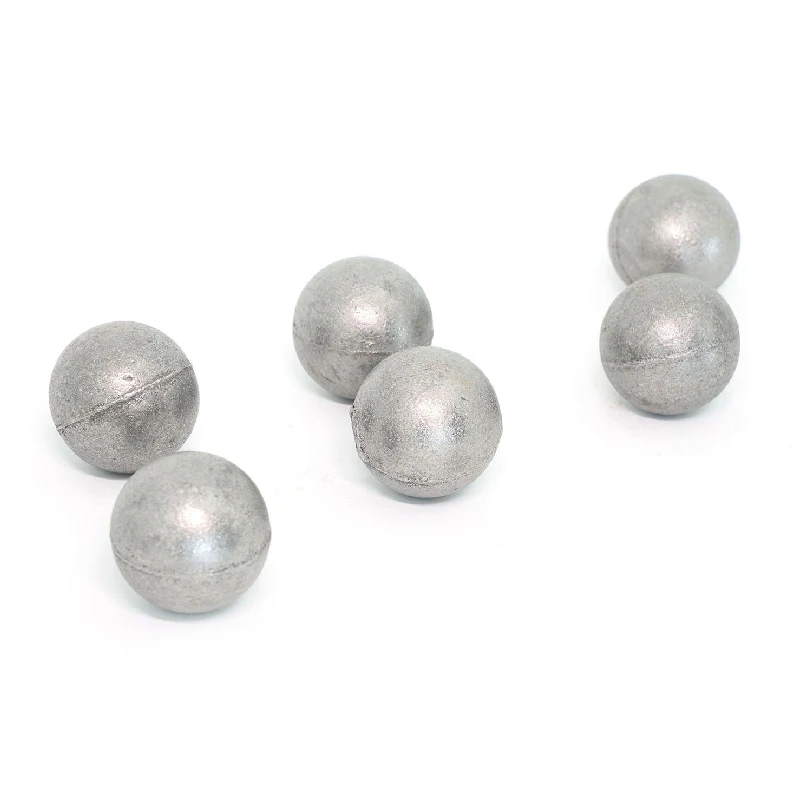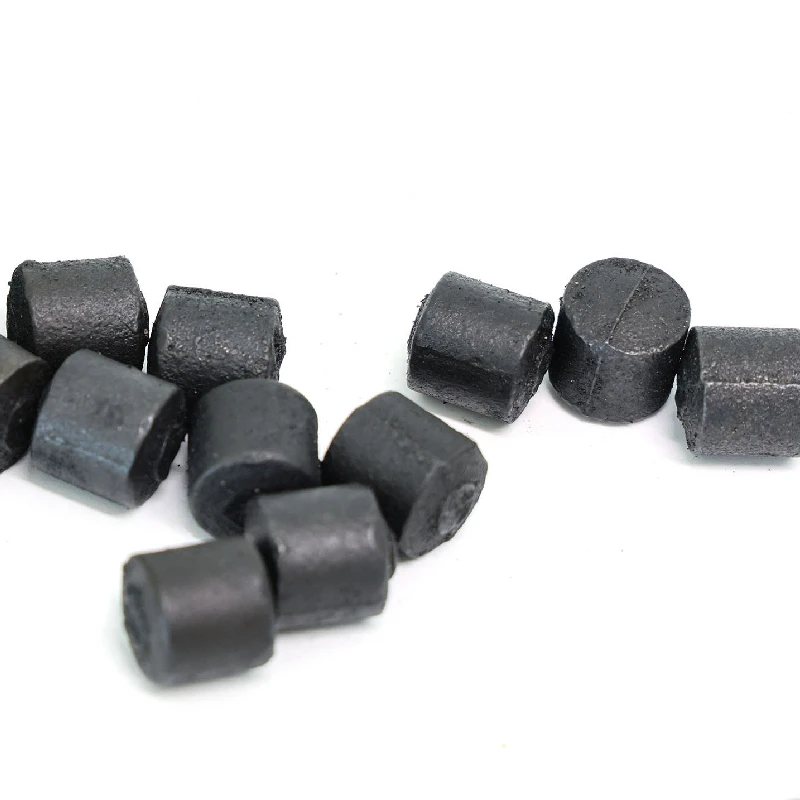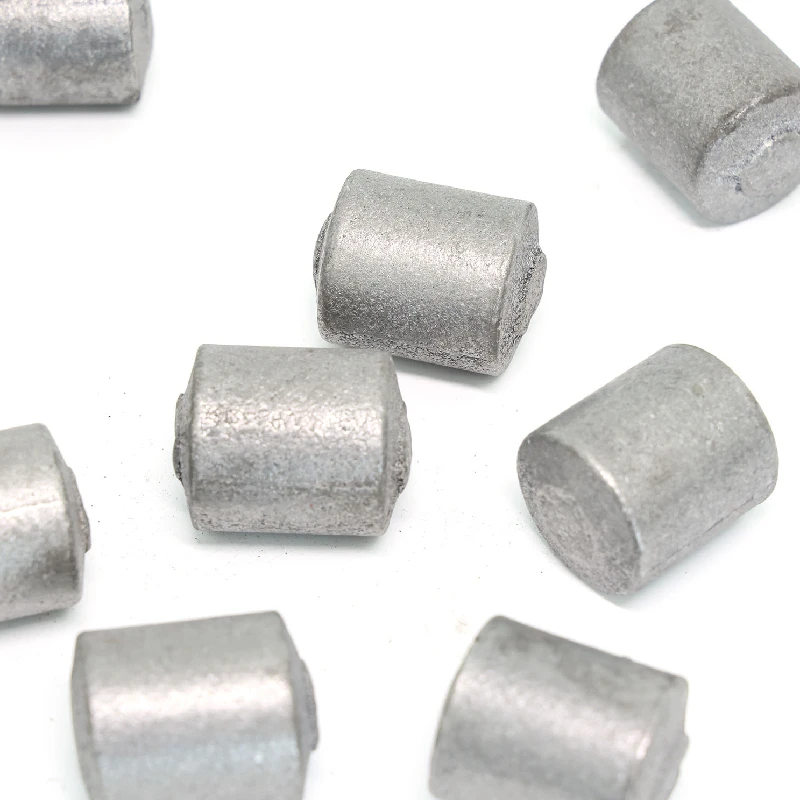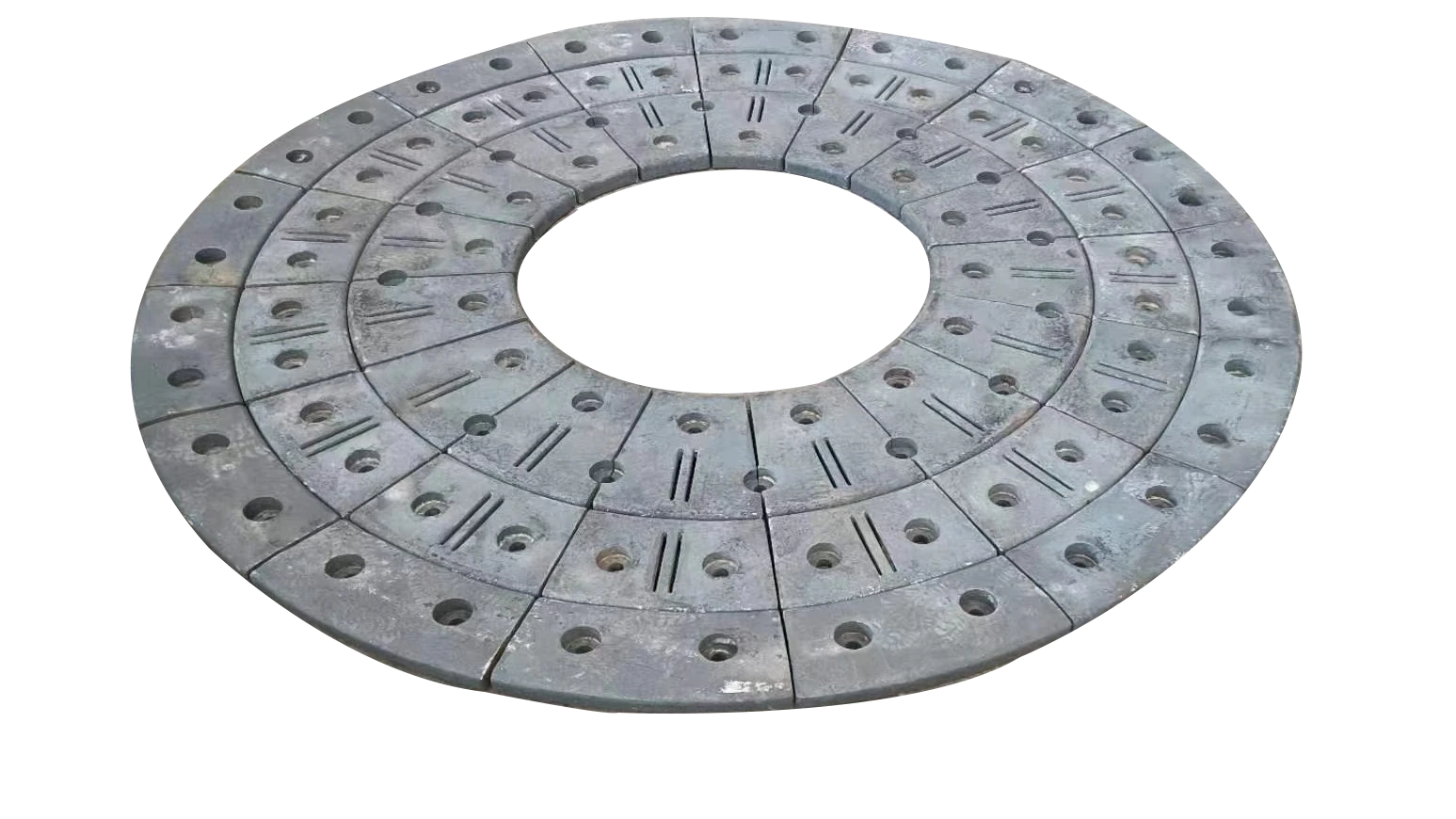Aug . 27, 2025 14:08 Back to list
High-Quality Ball Mill Grinding Media for Mining
Shijiazhuang Chengda Wear resistant materials Co.,LTD. in manufacturing premium ball mill grinding media designed for maximum performance in mining operations. Our comprehensive range of ball mill media solutions includes high-chromium ball milling balls available in sizes from 15mm to 140mm with chrome content from 1% to 30%. These grinding media are engineered to deliver superior wear resistance, reduce operational costs, and enhance grinding efficiency in various mining applications through optimal impact resistance and durability.
Understanding Ball Mill Grinding Media
• Ball mill grinding media serve as essential components in mineral processing operations
• These media transform electrical energy into grinding action through impact and abrasion
• The quality directly affects grinding efficiency and energy consumption
• Proper selection ensures optimal particle size reduction and throughput
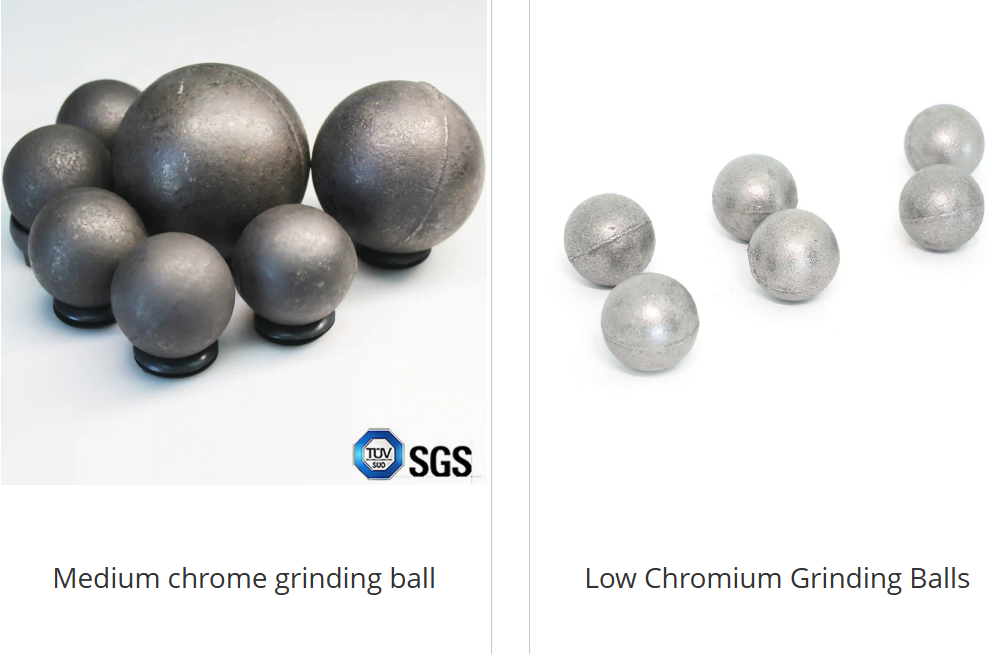
Types of Ball Mill Media Available
• High-chromium ball mill media offer exceptional wear resistance for abrasive ores
• Forged steel solutions provide superior impact resistance for primary grinding
• Cast iron ball milling balls deliver cost-effective solutions for less abrasive applications
• Specialty alloy media address specific corrosion and wear challenges
Technical Specifications and Properties
• Ball mill grinding media hardness ranges from 57-69 HRc for different application needs
• Chrome content variation (1%-30%) provides customized wear solutions
• Precision manufacturing ensures consistent roundness of media
• Impact toughness testing guarantees reliability of grinding balls
Selection Criteria for Optimal Performance
• Ore hardness determines the required hardness of ball mill media
• Mill diameter and speed influence the optimal size of grinding balls
• Pulp density and chemistry affect material selection for media
• Target grind size dictates the size distribution of milling balls
Performance Benefits and Advantages
• High-density ball mill grinding media deliver more impact energy per volume
• Consistent hardness ensures predictable wear rates
• Optimal size distribution maximizes grinding efficiency
• Superior wear resistance reduces consumption rates
Application-Specific Solutions
• Gold ore processing requires high-chromium ball milling balls for abrasive ores
• Copper concentrators utilize large diameter media for primary grinding
• Iron ore operations need impact-resistant grinding solutions
• Industrial mineral plants employ customized media compositions
Ball Mill Grinding Media FAQs
Q: What are the main types of ball mill grinding media and their ideal applications?
A: Ball mill grinding media includes high-chrome steel balls (best for abrasive ores like copper or gold due to superior wear resistance), ceramic balls (ideal for contamination-sensitive processes like pharmaceuticals or food grinding), and cast iron balls (cost-effective for cement or coal grinding). Rubber media is used for low-abrasion, high-purity applications, while stainless steel balls suit corrosive environments. Each type is chosen based on material hardness, grind fineness, and contamination risks.
Q: How does the size of ball mill media affect grinding efficiency?
A: The size of ball mill media directly impacts grinding efficiency: larger media (50–120mm) break down coarse feed particles through impact, making them ideal for primary grinding stages. Smaller media (20–50mm) excel at fine grinding by generating more surface contact, reducing particle size further. A mix of sizes (e.g., 30% large, 50% medium, 20% small) optimizes efficiency in continuous mills, ensuring both coarse reduction and fine refinement of materials.
Q: What factors cause wear in ball milling balls and how can it be minimized?
A: Ball milling balls wear due to abrasive contact with the material being ground, high mill speed (which increases impact forces), and mismatched media size (e.g., using small balls for coarse ores). Wear can be minimized by selecting high-hardness media (e.g., 60+ HRC steel), maintaining optimal mill speed (70–80% of critical speed), and regularly removing worn or broken balls. Proper ball-to-material ratio (typically 30–40% of mill volume) also reduces unnecessary collision wear between balls.
Q: Can ball mill grinding media be reused or recycled after wear?
A: Yes, worn ball mill grinding media can often be recycled: steel balls are melted down and reprocessed into new media, while ceramic balls may be crushed for use as aggregate in construction. Some suppliers offer reconditioning services, reshaping slightly worn steel balls to extend their lifespan. Recycling reduces waste and lowers costs, though severely worn or cracked media (with <80% of original diameter) should be replaced to maintain grinding efficiency.
Q: How do I determine the right quantity of ball mill media for my mill?
A: The quantity of ball mill media is determined by the mill’s internal volume and application: typically, media fills 30–45% of the mill’s volume. For batch mills, start with 35% volume to allow material circulation; continuous mills may use 40–45% for steady grinding. Calculate using the formula: Media Volume = Mill Diameter × Length × Filling Percentage. Adjust based on material density—heavier ores require slightly less media to avoid overloading, while lighter materials can handle higher filling rates.
Welcome to Shijiazhuang Chengda Wear resistant materials Co.,LTD.! https://www.cdchengda.com/ As an ISO 9001-certified company with over 20 years of expertise, we specialize in high-quality grinding media for cement, mining, and quarry industries.
Our high-chromium cast grinding media is engineered for superior wear, corrosion, and impact resistance, tailored precisely to your milling needs. With chrome content ranging from 1% to 30% and sizes from 15mm to 140mm, we offer solutions for every stage: large balls (60-140mm, 10-28% chrome) crush feed in mill first chambers, while small balls (15-60mm, 10-30% chrome) optimize attrition grinding in second chambers.
We’re committed to reducing your wear costs, boosting equipment availability, enhancing productivity, and lowering energy consumption. Our rigorous quality control ensures consistent performance, improving metal recoveries in flotation. Trust Chengda as your reliable partner—where innovation meets durability, delivering more value with less resource. Welcome to join our legacy of excellence!
-
Expert Insights on Fabrica de Molinos de Bolas: Industry Trends & Global Applications
NewsNov.24,2025
-
Expert Insights on Fabricantes de Bolas de Molienda de Acero: Global Applications & Trends
NewsNov.23,2025
-
Leading Fabricantes de Bolas de Molienda: Your Ultimate Guide to Grinding Balls
NewsNov.23,2025
-
Fabricante de Bolas de Molienda – Quality Grinding Balls for Efficient Industry
NewsNov.23,2025
-
Trusted Proveedores de Medios de Molienda for Efficient Industrial Grinding
NewsNov.22,2025
-
Proveedores de Bolas de Molienda: Your Guide to Top Grinding Ball Suppliers & Industry Insights
NewsNov.22,2025
Realted Products


